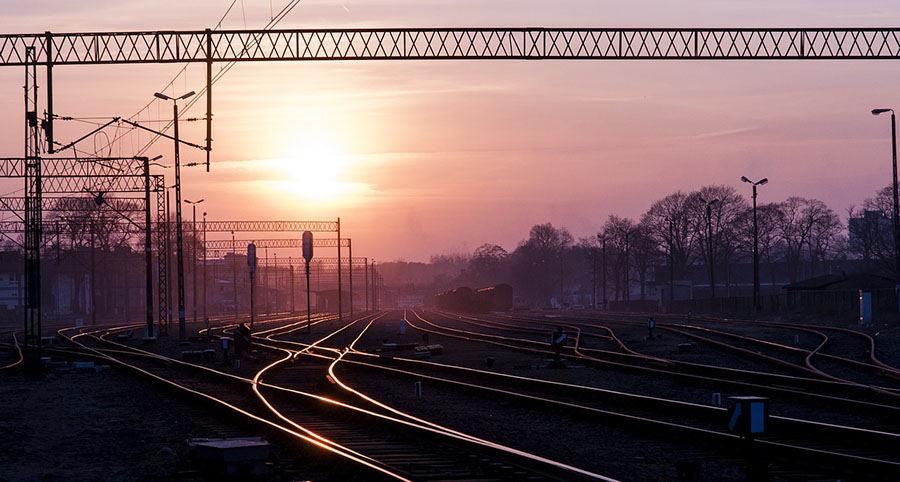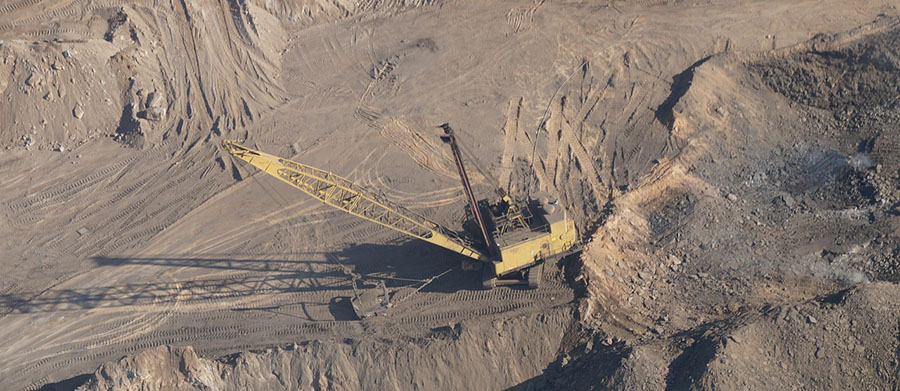South Africa Takes Heat for Burning Coal
Source: AFP, Joshua Berger (3/29/11)
"The global fight over fossil fuels has hit home in South Africa."
The global fight over fossil fuels has hit home in South Africa as the coal-dependent country debates its energy future before hosting UN climate talks later this year.
Africa's largest economy is overhauling its energy policy, looking to more than double its power supply by adding more than 50,000 megawatts of electricity to the grid at a cost of 860 billion rand ($125 billion, 90 billion euros).
But as the country seeks to ease power shortages that caused paralysing blackouts in 2008, environmentalists say it is not doing enough to cut its reliance on coal-fired power–currently more than 90% of the electricity supply.
The scrutiny is intensifying as South Africa prepares to host the next major round of United Nations climate talks in the eastern port city of Durban from November 28 to December 9.
The talks–the successor to the Kyoto Protocol and last year's conference in Cancun, Mexico–will see global leaders try to make meaningful progress toward a binding international agreement to curb climate change.
The meetings will be key in deciding the future of the Kyoto emissions targets, which expire next year.
South Africa had pledged at the 2009 talks in Copenhagen to cut emissions 42% by 2025. But the country's draft energy plan proposed cutting carbon emissions just 30% by 2030.
The full plan will not be released until late March, and it is still unclear what emissions levels or the final electricity mix will be.
Africa's largest economy is overhauling its energy policy, looking to more than double its power supply by adding more than 50,000 megawatts of electricity to the grid at a cost of 860 billion rand ($125 billion, 90 billion euros).
But as the country seeks to ease power shortages that caused paralysing blackouts in 2008, environmentalists say it is not doing enough to cut its reliance on coal-fired power–currently more than 90% of the electricity supply.
The scrutiny is intensifying as South Africa prepares to host the next major round of United Nations climate talks in the eastern port city of Durban from November 28 to December 9.
The talks–the successor to the Kyoto Protocol and last year's conference in Cancun, Mexico–will see global leaders try to make meaningful progress toward a binding international agreement to curb climate change.
The meetings will be key in deciding the future of the Kyoto emissions targets, which expire next year.
South Africa had pledged at the 2009 talks in Copenhagen to cut emissions 42% by 2025. But the country's draft energy plan proposed cutting carbon emissions just 30% by 2030.
The full plan will not be released until late March, and it is still unclear what emissions levels or the final electricity mix will be.

























































